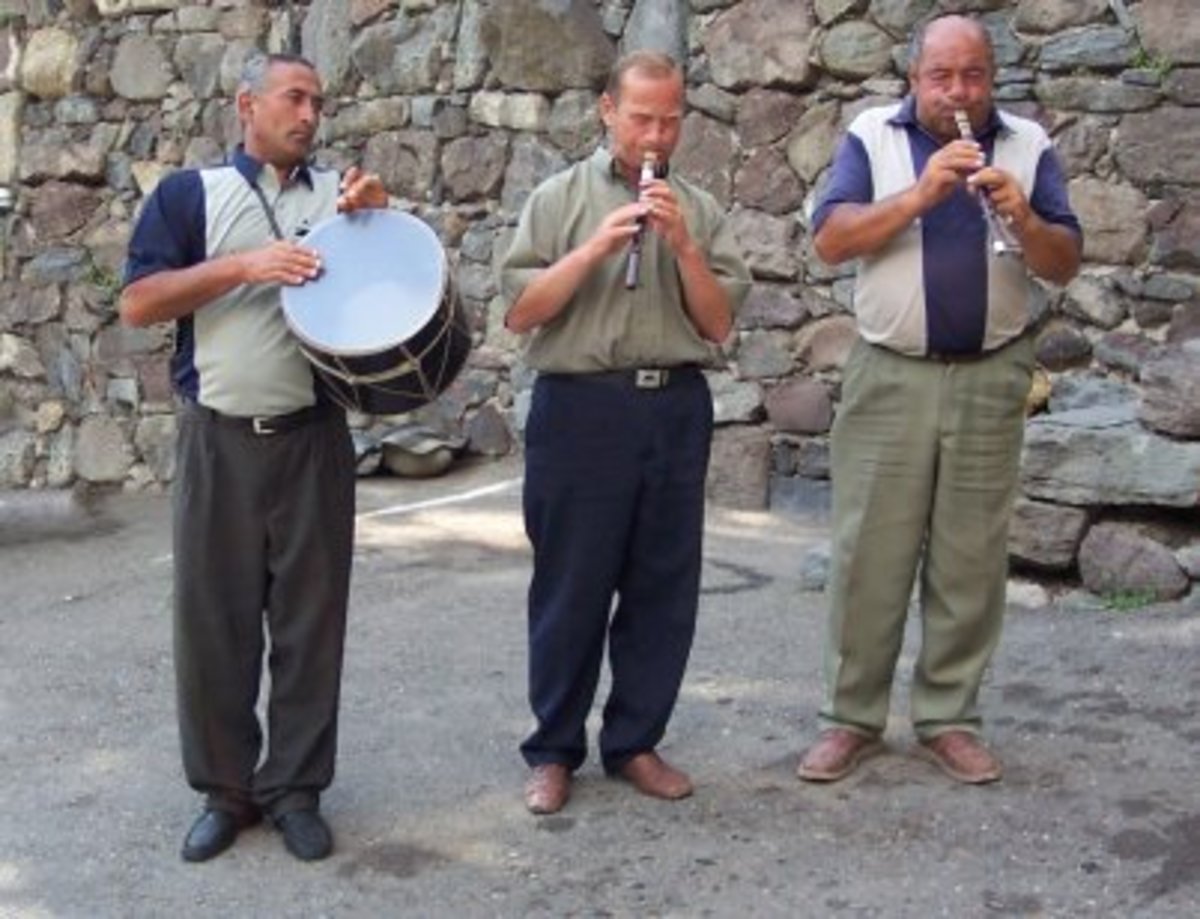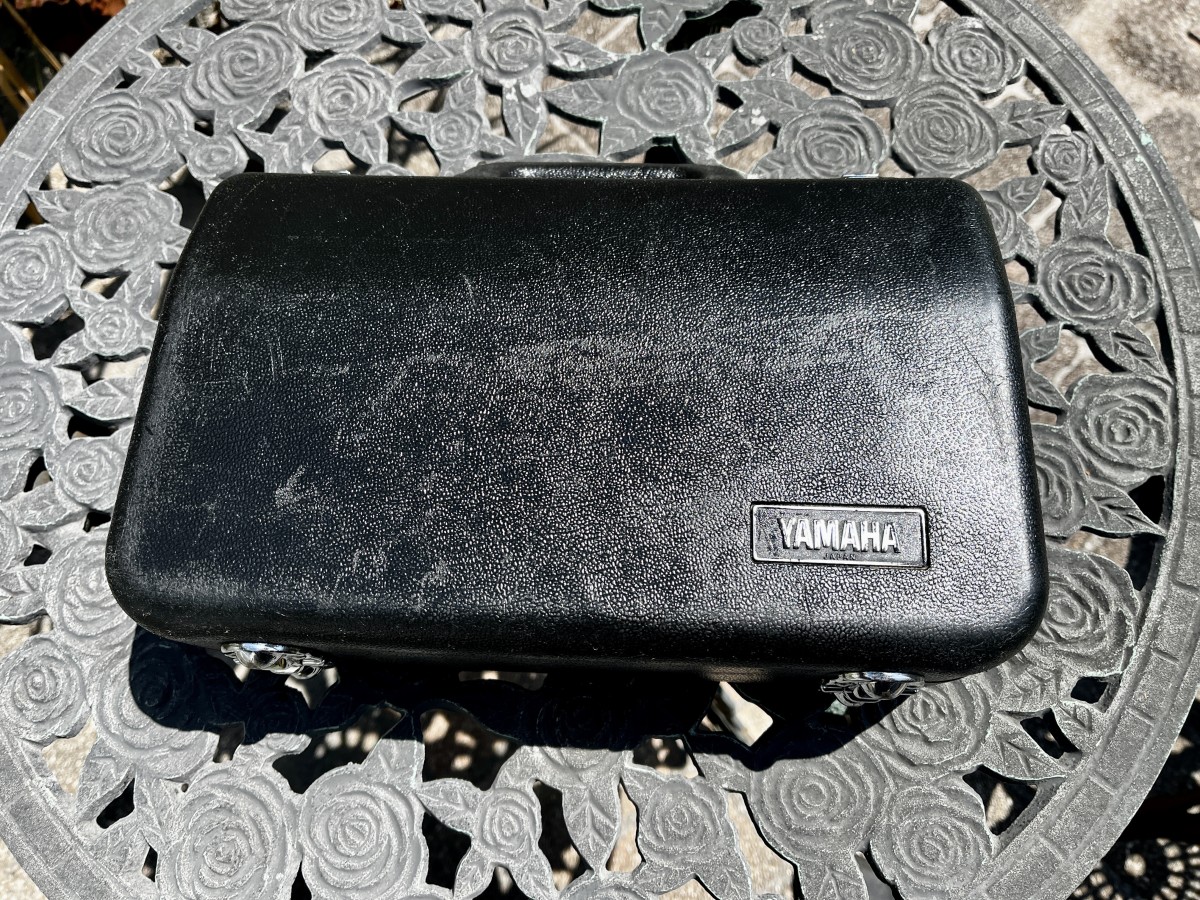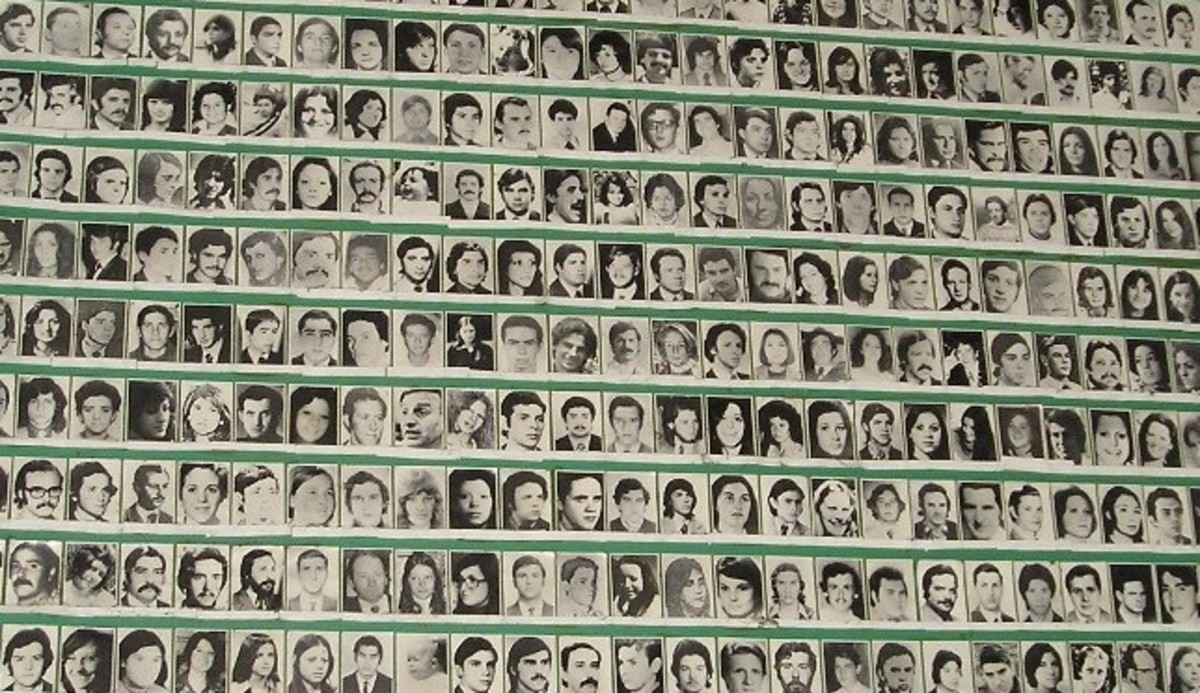Paraguay's recycled youth orchestra
The town of Cateura sits on the largest landfill in Paraguay. Settlements of poor people living on trash heaps are not uncommon in the developing world. The people typically sort through the junk to find what they can make into objects that they can sell. They are typically as forgotten as the discards they eke their living from. Cateura, though, has something to boast about: a youth orchestra that has taken an international tour playing instruments made from the trash dumped near the town.
The story of this orchestra begins with Luis Szarán, conductor of the Symphonic Orchestra of Asunción, Paraguay's capital, since 1990. He was the eighth child of Paraguayan farmers and had as little prospect escaping poverty as any child growing up on a trash dump.
But he had musical talent. His talent came to the attention of one of the country's leading classical musicians, who gave him his first lessons and then enabled him to study music in Europe.
Broadly speaking, Szarán's story is familiar. A poor person breaks out of poverty through unusual talent with the intervention of a benefactor and then devotes much of the rest of his or her life to giving forward. The specific and unique details of each such story gain special power by comparison with all the rest. They demonstrate what humanity at its best can do to alleviate the effects of humanity at its most indifferent.
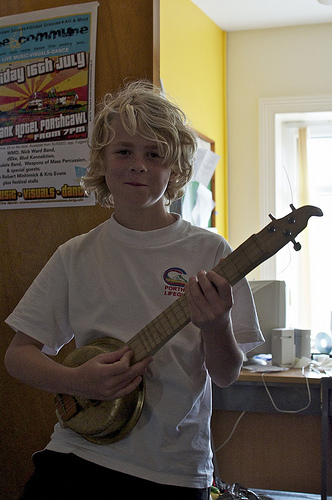
Musical instruments made from junk
Szarán started a project called Sonidos de la Terra (Sounds of the Earth) in 2002 in order to provide free music education to the poorest children of Paraguay. He became active in several towns, including Cateura. He had received a donation of five violins, but 50 children wanted to learn how to play them.
The obvious solution to a problem like that is to seek donations to acquire enough instruments. One of his associates, Favio Chávez, director of the Sounds of the Earth in Cateura, had another idea. He noticed a resident named Colá, who was a skilled craftsman and made many clever objects from the trash.
Could he make a violin? Chávez gave Colá a violin and asked if he could make something comparable. Colá knew nothing about music. He had never heard classical music and had not heard of Mozart or any other important composer. But he took careful measurements and soon enough produced what certainly resembled a violin.
It looked ridiculous, but would it play? It turned out to be a very serviceable violin, quite suitable for student use. After this success Colá produced not only every kind of orchestral stringed instrument, but also guitars, flutes, saxophones, even trumpets.
At first, Szarán's vision for Sounds of the Earth was to provide lessons. As the collection of recycled instruments grew, he got the idea of forming ensembles in order to show outsiders what the program had accomplished. Ultimately, he assembled an orchestra and took in on an international tour.
In 2005 he received the Skoll Foundation Award for Social Entrepreneurship. The video in this Hub is a preview of a feature-length movie that will be released in 2014. People who have been inspired by seeing it on YouTube have sent it by email attachment all over the world.
And Colá? Everything else he made always left town for sale elsewhere. With these instruments, he has had the pleasure of seeing children in the town play and enjoy his handiwork. Not every child that started to learn music kept with the program. Some of the dropouts turned to crime and drugs. The ones who took music seriously have managed to turn their lives around.
Landfill Harmonic
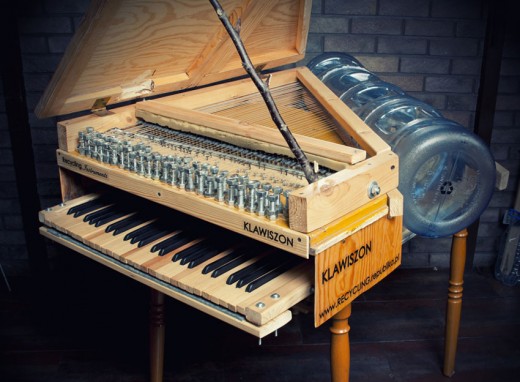
Musical food for thought
The story of Paraguay's recycled orchestra inspires some thoughts about music, about recycling, and most important, about humanity itself.
It seems miraculous that a couple of musicians wanting to help poor children should find a local craftsman capable of making workable musical instruments of a kind he had never encountered before. In a sense, it will be impossible to duplicate Cateura's orchestra anywhere else in the world.
On the other hand, Szarán's story is representative of countless more. People who want to do good will find a way, and they will make their part of the world a better place.
Neither music nor any of the other skills, arts, or knowledge that these localized philanthropists will bring to bear will change harsh living conditions or directly contribute to some kind of economic change.
What they will do is demonstrate over and over that discipline and teamwork can accomplish a change of heart. If it doesn't directly banish poverty, it does banish hopelessness. Hopelessness, not poverty, goads people into drugs, alcohol, gangs, and other destructive (and self-destructive) behaviors.
Meanwhile, if there is only one Colá who can make musical instruments from trash, there must be scores of people who can make other useful objects. But that aspect of Cateura could never be replicated in the US.
First of all, we don't allow villages or cities to exist on top of landfills. That is a good thing. American landfills are not mere dumps. That is not as good a thing as it ought to be. Like dumps elsewhere, they commingle every kind of trash from food waste to mattress springs to, unfortunately, dead batteries and other hazardous materials. It has only recently become illegal to landfill obsolete computers, with their potent mixture of heavy metals and other poisonous substances.
In order to save space, American landfills compact all this trash into bales. That process, of course, essentially deforms everything. Then they cover it with dirt to discourage vermin and to prevent rainwater from flushing trash into streams and ponds. As it turns out, that practice simply drove pollution into the groundwater.
Everything Americans throw away is potentially a valuable resource, but the design of modern landfills will make it unreasonably difficult and expensive to mine them. Meanwhile, if anyone wants to make treasure from trash, they must somehow extract it before it gets into the municipal waste stream.
Surely it will be less expensive to keep as much trash out of landfills as possible. Why can't we keep solid waste separate from organic garbage again? Why can't we compost the garbage and salvage everything else? It's cheaper to make crude oil by "cooking" discarded plastic than it is to extract it from the ground.
But even more important, we shouldn't discard people. The recycled orchestra of Paraguay gives its members human dignity that they wouldn't otherwise feel like they have. The video is certainly inspirational.
In a way, that's a shame. Why can't it be ordinary? Why should people in any poor neighborhood or community feel discarded and forgotten? Why does it seem to take a special few to care about human dignity?
A news story about the recycled orchestra
Sources
Skoll Foundation page on Luis Szarán
The Recycled Orchestra of Paraguay | Musicology for Everyone
A landfill and its recycled orchestra | Sustainable Green Homes

